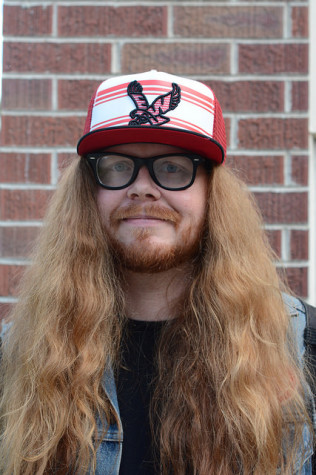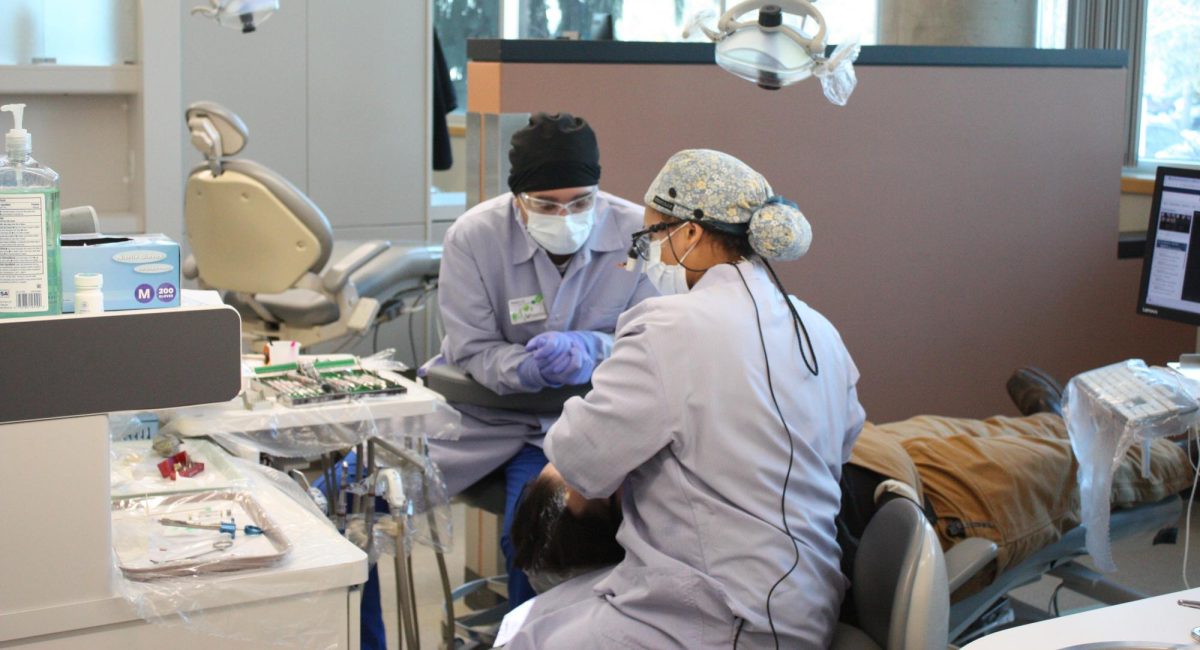College-aged Americans take advantage of Affordable Care Act
December 5, 2014
Open enrollment for the second year of the Affordable Care Act began Nov. 15. By the time it ends on Feb. 15, the Health and Human Services department of the federal government expects at least 9 million Americans to sign up.
During the first enrollment period, from Oct. 1, 2013 to March 31, 2014, over 7 million Americans signed up for insurance through the ACA. This included 2.2 million people ages 18 to 34, according to Health and Human Services, a demographic that makes up America’s traditionally college-aged students.
The act required insurance companies to extend coverage of children on their parents’ plans to age 26, but for those students whose parents were not insured, or were not on their parents’ insurance plan, sign-up was required with risk of facing a penalty.
EWU students and alumni who signed up during open enrollment last year said they went through the process with very few problems.
EWU alumna Nadia Al-Hethail said she went to CHAS clinic in Spokane where she was signed up by an employee in about 20 minutes. Fifth-year student Casey Polmueller said she signed up online and had no problems. Graduate student Brandy Bippes said the system crashed while she was enrolling online, but received a call back and finished signing up over the phone.
For some, the process paid off. EWU alumna Alex Maroney said she made it into the system in January of this year, just before open enrollment ended.
Maroney said enrollment using the website was easy. She was able to switch primary care providers to a doctor she was more comfortable with without any problems, which was very important for her for women’s health issues.
“It’s nice to know I could stick with someone I trusted,” said Maroney.
Before she had insurance, Maroney said she was never on birth control because it was too expensive and she didn’t feel comfortable going to places that provide it for free, like Planned Parenthood.
When her doctor told her she should be on birth control, Maroney was given a limited supply for free. When the supply ran out, and she explored her options, she found it was too expensive without insurance; even the generic brand was over $100.
With her new plan, Maroney said she is able to go to the pharmacy of her choice and get her prescription filled for free.
Jerry Galm, Ph.D., professor of anthropology at EWU, said access to healthcare in America is important, especially for college students who face towering debt in student loans and daunting tuition hikes year after year.
“Healthcare should be for everyone,” said Galm. “Why do we have a first generation college student program here? Because so many students come out of environments where they don’t see college as a pathway to succeed.”
In his annual medical anthropology class, Galm stresses the concept of access to healthcare. He said the Affordable Care Act does not go far enough; he believes the best possible healthcare in America should be provided regardless of a citizen’s financial situation.
“The Affordable Care Act is trying to spread the net to capture more people,”said Galm. “People who don’t have the ability to pay the current cost of adequate healthcare. To improve human health on scale.”
Maroney said she got a follow-up call to make sure her plan was satisfactory and to inform her of the extras provided by her plan, including free yearly checkup appointments.
“I feel like its good knows that I actually have a safety net,” said Maroney. “I’m not unhealthy by any means, but it’s nice to know that I can go to the doctor.”








